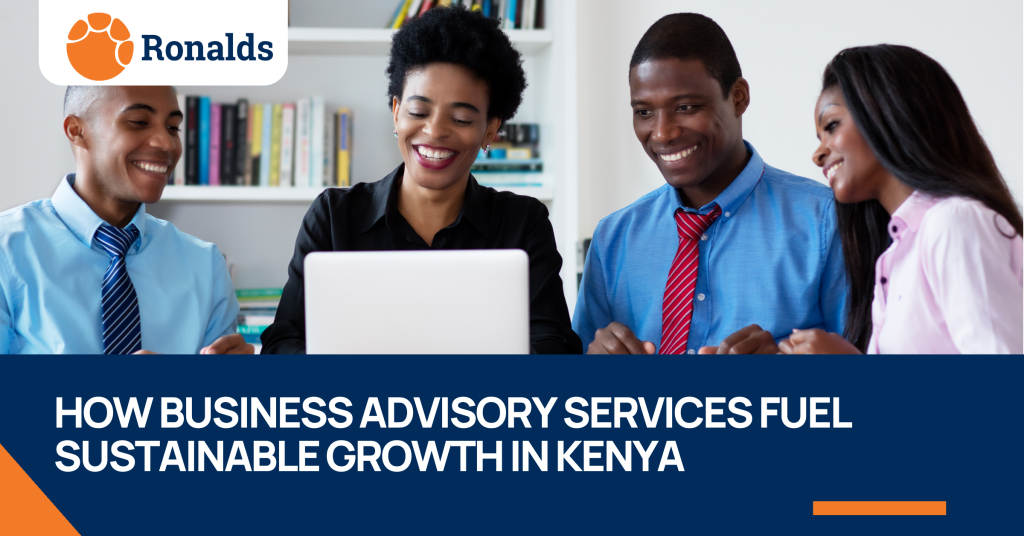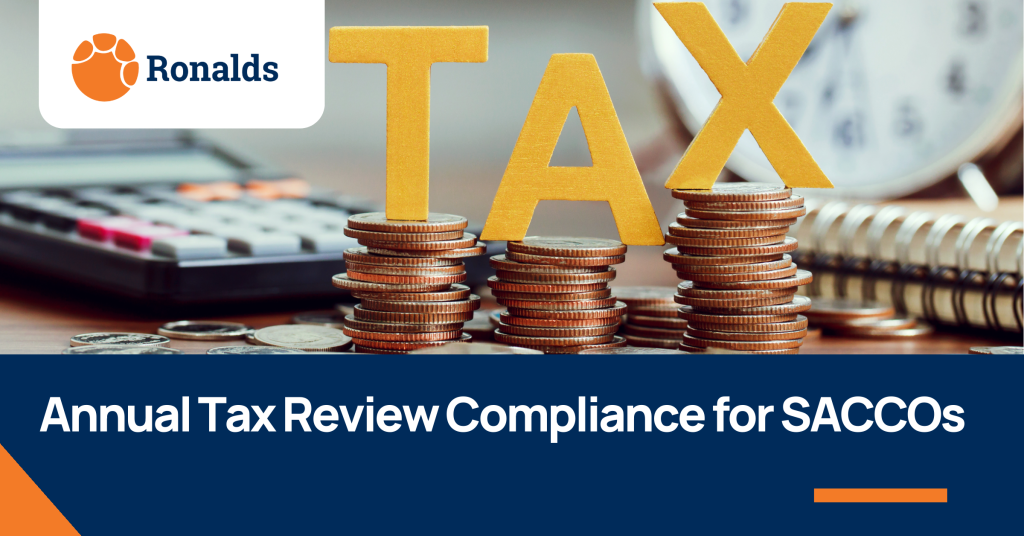IFRS S1 & S2: From January 1, 2024, the global financial landscape enters a new chapter. With the introduction of IFRS S1 and IFRS S2 by the International Sustainability Standards Board (ISSB), sustainability reporting is no longer a “nice-to-have” — it’s an essential part of corporate accountability. These standards create a unified framework for businesses to disclose sustainability-related risks, opportunities, and climate impacts, aligning them with financial performance and enabling stakeholders to make informed decisions.
The shift is more than compliance. It’s an invitation for businesses to rethink how they operate, measure success, and engage with their communities. IFRS S1 requires companies to disclose governance structures, strategies, risk management processes, and performance metrics related to sustainability. IFRS S2 sharpens the focus on climate change, ensuring disclosures on greenhouse gas emissions, transition risks, and climate resilience are front and center.
At Ronalds, we see this as a game-changing opportunity. Why? Because these standards bridge the gap between aspiration and action — moving sustainability from corporate reports into operational reality. The question is no longer “Do we report?” but “How do we transform reporting into measurable impact?”
Take the example of Sacco ‘A’, which integrated ESG principles into its core operations, not just as a checkbox exercise but as a strategic growth driver:
- Green Financing enabled smallholder farmers and MSMEs to adopt solar irrigation, clean cooking, and energy-efficient technologies.
- Climate Action initiatives reduced carbon emissions, conserved forests, and lowered energy costs.
- Social Empowerment programs trained communities, created green jobs, and empowered women and youth.
- Governance & Partnerships elevated trust, attracted investors, and positioned the Sacco as a leader in green microfinance.
This is exactly what IFRS S1 & S2 are designed to unlock — transparency that fuels trust, trust that attracts capital, and capital that enables change.
For forward-looking businesses, these standards are not just regulatory obligations; they’re a blueprint for resilience. The companies that will thrive in this new era are those that see sustainability not as a cost of doing business but as the currency of future growth.
Your sustainability report is no longer just a reflection of where you’ve been — it’s a map of where you’re going.
by John Kirika




